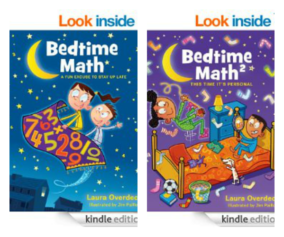Dr. Leslie Kernisan recently wrote a great piece about app prescribing, asking, “Should I be prescribing apps, and if so, which ones?” Since Happtique is all about integrating apps into clinical practice, I jumped at the chance to add to this important discussion.
Dr. Kernisan is right to be concerned and somewhat skeptical about app prescribing. More than 40,000 health apps exist across multiple platforms. And unlike other aspects of the heavily regulated healthcare marketplace, there is little to no barrier to entry into the health app market. So basically anyone with an idea and some programming skills can build a mobile health app.
The easy entry into the app market offers incredible opportunity for healthcare innovation; however, the open market comes with certain serious concerns, namely, “how credible are the apps I am (or my patients are) using?”
When Happtique launched, we focused our initial energies on bringing clarity to this crowded market. While the interest in mobile health was skyrocketing, it was really hard to find specific health apps. Commercial app marketplaces bucketed apps into just two categories: “Health & Fitness” and “Medical”—forcing patients and providers to scroll through dozens of pages of apps in search of the “right” one.
With the help of doctors, nurses, and medical librarians, Happtique classified nearly 20,000 apps into over 300 topic-specific categories related to health care profession, disease state, or specialty.
As we sorted through thousands of apps, two important ideas occurred to us. First, healthcare isn’t a traditional consumer product. Healthcare consumers, i.e., patients, have always relied on a trusted advisor—a clinician—to tell them what products (pharmaceuticals) and services (treatments) to purchase. In other words, patients want providers to help them select the right apps for their health management plans. Second, we realized that providers are not going to recommend apps to patients if they are not confident that the app is secure, delivers credible content, safeguards user data, and functions as described.
To address those issues, Happtique has spent the last year developing the Happtique Health App Certification Program (HACP), which launched earlier this month. Working with Intertek and clinical organizations like the AAMC and CGFNS, Happtique‘s certification program will test health apps against a set of published standards and performance requirements that encompass operability, privacy, security, and content. Apps meeting these standards will receive the Happtique Certification Seal. We think this program will go a long way in helping build patient and provider confidence.
Read More: thehealthcareblog.com

